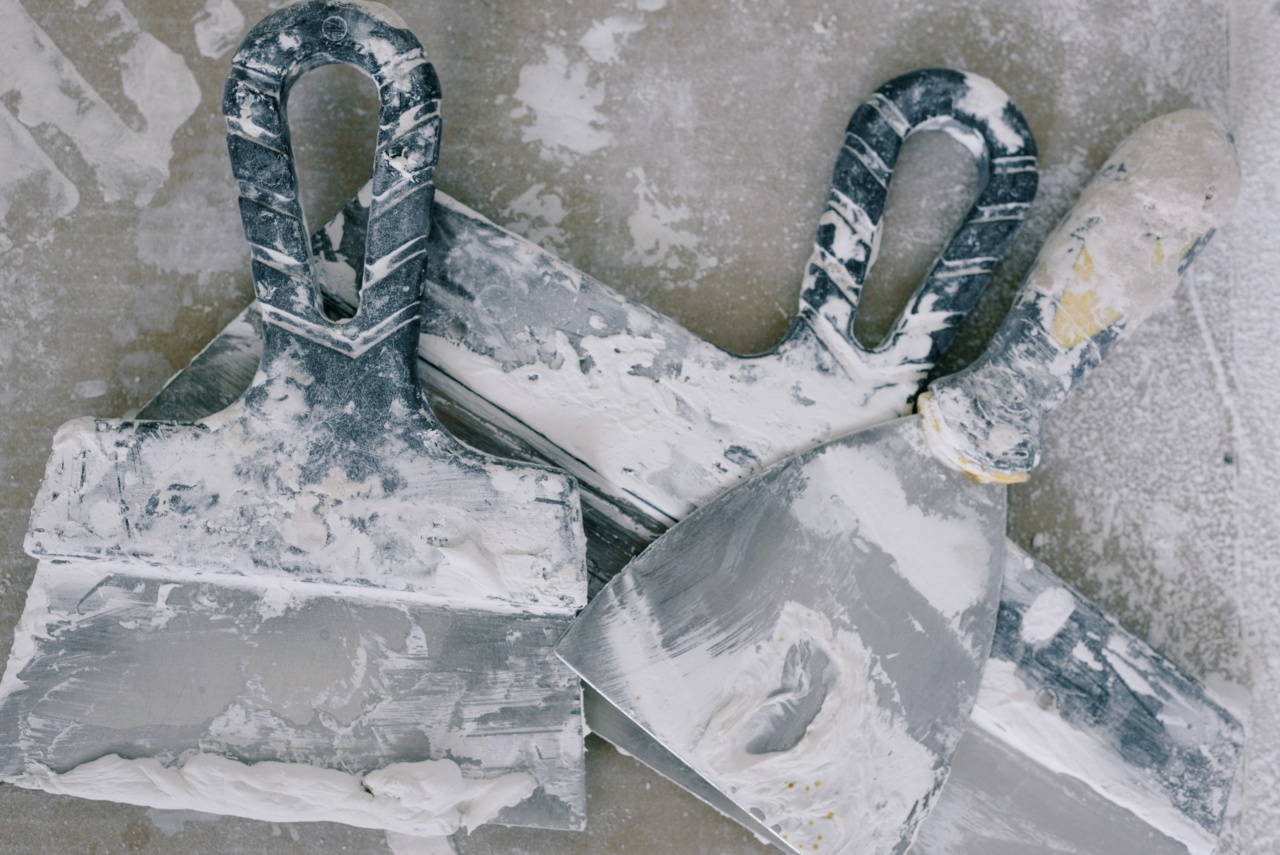We all want healthy and glowing skin, but sometimes our daily habits can unintentionally damage our skin. From the harsh sun rays to unhealthy lifestyle choices, various factors can contribute to skin damage.
However, with a few simple adjustments, you can protect and rejuvenate your skin. In this article, we will discuss the top 10 skin damaging habits and provide effective solutions to fix them.
Habit 1: Excess Sun Exposure
Spending too much time in the sun without adequate sun protection can lead to various skin problems, including sunburn, premature aging, and an increased risk of skin cancer.
To fix this habit, always apply a broad-spectrum sunscreen with an SPF of at least 30 before going outdoors. Wear protective clothing, such as hats and sunglasses, and seek shade during peak sun hours.
Habit 2: Smoking
Smoking not only harms your overall health but also damages your skin. It accelerates the aging process, causing wrinkles, sagging skin, and a dull complexion. Quitting smoking is essential for improving your skin’s health.
Seek support from healthcare professionals or local cessation programs to help you on your journey to becoming smoke-free.
Habit 3: Inadequate Sleep
Not getting enough sleep can negatively impact your skin’s health. During sleep, your body repairs and rejuvenates itself, including the skin. Lack of sleep can lead to dark circles, puffy eyes, and a tired appearance.
Aim for a minimum of 7-8 hours of quality sleep each night to allow your skin to rejuvenate and maintain its natural glow.
Habit 4: Poor Diet
Your diet plays a crucial role in your skin’s health. Consuming excessive amounts of sugar, processed foods, and unhealthy fats can lead to inflammation, acne breakouts, and premature aging.
Opt for a balanced diet rich in fruits, vegetables, whole grains, and healthy fats. Include foods high in antioxidants and vitamins, such as berries, dark leafy greens, and nuts, to promote skin health.
Habit 5: Not Removing Makeup
Sleeping with makeup on can clog your pores, leading to breakouts and dull-looking skin. Make it a habit to remove your makeup before going to bed. Use a gentle cleanser and follow it up with a moisturizer suitable for your skin type.
This will allow your skin to breathe and repair overnight, keeping it healthy and fresh.
Habit 6: Over-Exfoliating
Exfoliation is essential for removing dead skin cells and revealing a smoother complexion. However, over-exfoliating can disrupt the skin’s natural protective barrier, leading to dryness, redness, and sensitivity.
Limit exfoliation to 2-3 times a week and choose products with gentle exfoliating agents, such as jojoba beads or fruit enzymes. Always follow up with a hydrating moisturizer.
Habit 7: Hot Water Showers
While a hot shower can be relaxing, excessively hot water can strip away the skin’s natural oils, leaving it dry and irritated. Opt for lukewarm water while showering and avoid spending too much time in the bath or shower.
Afterward, gently pat your skin dry and apply a moisturizer to lock in hydration.
Habit 8: Neglecting SPF in Winter
Many people assume that sunscreen is only necessary during the summer months. However, harmful UV rays can still damage your skin in winter. Snow can reflect UV radiation, leading to increased exposure.
Therefore, it is crucial to continue using sunscreen with SPF even during the colder months to protect your skin from harmful rays and prevent sun damage.
Habit 9: Using Harsh Skincare Products
Some skincare products, especially those containing harsh ingredients like alcohol or fragrances, can strip away your skin’s natural oils and disrupt its pH balance. Opt for gentle, fragrance-free products suitable for your skin type.
Look for ingredients like hyaluronic acid, aloe vera, and antioxidants, which can nourish and protect your skin.
Habit 10: Skipping Regular Dermatologist Visits
Regular visits to the dermatologist are important for maintaining healthy skin. Dermatologists can help identify and address any skin concerns, provide appropriate treatments, and guide you on the best skincare practices.
Aim to visit a dermatologist at least once a year for a comprehensive skin check-up and personalized advice.































